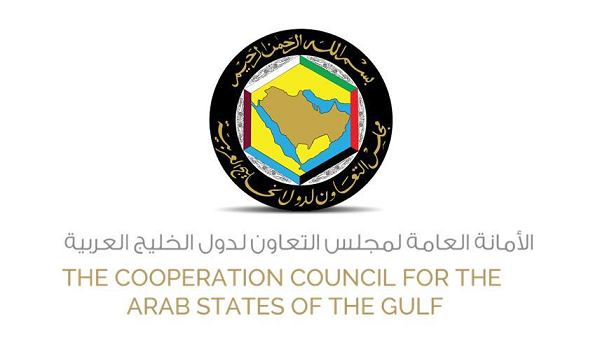Western powers, mainly the U.S., spout democracy while putting aid in the hands of monarchs, dictatorships and military regimes. And while it characterizes aid as meant to support democracy, according to the Brookings Institute, it wasn’t “necessarily meant to promote democracy.”
Democracy suggests “alteration of power,” but most Western assistance avoids anything that can be “construed” as supporting much needed change.
The reasons historically have been simple. Western powers, including the U.S. and France, that “supported” so-called reform, were never willing to remove aid to regimes which had given them pliant, if illegitimate, governments.
Those regimes, noted the Brookings Institute, “became part of a comfortable strategic arrangement that secured Western interests in the region, including a forward military posture, access to energy resource and (in the case of the Middle East) security for the state of Israel.”
Five years after President Barack Obama, who once promised an Egyptian audience that he would actively defend their right to have “the ability to speak your mind and have a say in how you are governed,” the U.S. did an about face and threw support behind a regime that was far more tyrannical than Egypt’s Hosni Mubarak.

Under military coup leader turned Egyptian president Abdul-Fattah el-Sisi, “the military ‘deep state’ that now controls a full third of Egypt’s economy and dominates the halls of power is expanding its influence while the country’s oligarchs amass record wealth,” reported The Nation.
The joint statement following the meeting between the Egyptian president and the U.S. president in Jeddah, Saudi Arabia, was more of the same.
In a statement published on the White House website, the duo reaffirmed a “shared commitment to the U.S.-Egypt strategic partnership.” The countries are to “consult on a broad range of global and regional security challenges, and advance the U.S.-Egypt relationship.”
Biden and el-Sisi committed to regular consultations to resolve regional conflicts and humanitarian crises in Syria, Lebanon, and Sudan, which did not attend the Gulf Cooperation Council meeting.
Saudi Arabia, Sudan, Egypt and U.S. favoritism
The 79-year-old Biden, who had initially shunned 36-year-old “royal” host Muhammad bin Salman, colloquially known as MBS, over human rights abuses, particularly the killing of U.S.-based writer Jamal Khashoggi, which U.S. officials say was approved by the prince.
But Biden decided he needed to repair the longstanding relationship between the two countries to address rising gas prices and foster stability in the volatile region, noted the UK-based Guardian.
Biden’s remarks, delivered at the Gulf Cooperation Council on the final leg of a four-day Middle East tour, came amid concerns about Iran’s nuclear ambitions, which Iran has repeatedly said are for peaceful purposes.
“We will not walk away and leave a vacuum to be filled by China, Russia or Iran,” Biden vowed. “We will seek to build on this moment with active, principled, American leadership.”
Biden double speak came while U.S. forces continue to justify targeting the region and remain deployed at bases throughout the Middle East. Biden suggested the U.S. was “turning a page” after American war crime invasions in Libya, Iraq and Afghanistan.
Regarding the Grand Ethiopian Renaissance Dam (GERD), President Biden reiterated U.S. support for Egypt’s water security and to forging a diplomatic resolution that would achieve the interests of all parties and contribute to a more peaceful and prosperous region.
The two leaders reiterated the imperative of concluding an agreement on the filling and operation of the GERD without further delay.
Sudan’s military regime was represented by el-Sisi in Jeddah.
Recent moves by Sudan’s military coup leader Abdel Fattah al-Burhan, according to the Middle East Monitor appear “to create a higher (Transitional) Council is the footstool from which the military leader is expected to launch his bid for the presidency.”
Burhan’s recent dismissal of the last civilian members from his ruling body, reported France24, is part of a power shift to a new transitional government.
Burhan must remind el-Sisi of his younger self as both men have similar resumes. Both received military training in Egypt and are concerned that the GERD will deprive them of precious water reserves.
Most importantly, el-Sisi and Burhan seized power in the aftermath of chaos that was the direct result of military coups they engineered.
“Burhan’s auspicious pre-coup meeting with el-Sisi in Cairo, as well as meeting of Sudanese intelligence and RSF (Rapid Response Force) officials in Israel is one of a range of indicators that suggest Sudan’s military consulted with Egypt and Israel ahead of the (October 25, 2021) coup,” said Jonas Horner, deputy project director for the Horn of Africa at International Crisis Group.
These military regimes turned into so-called democracies, with Sudan following Egypt’s lead, and with both regimes controlling much of their country’s economies are the kind of regimes that receive U.S. support.
Follow @jehronmuhammad on Twitter.













